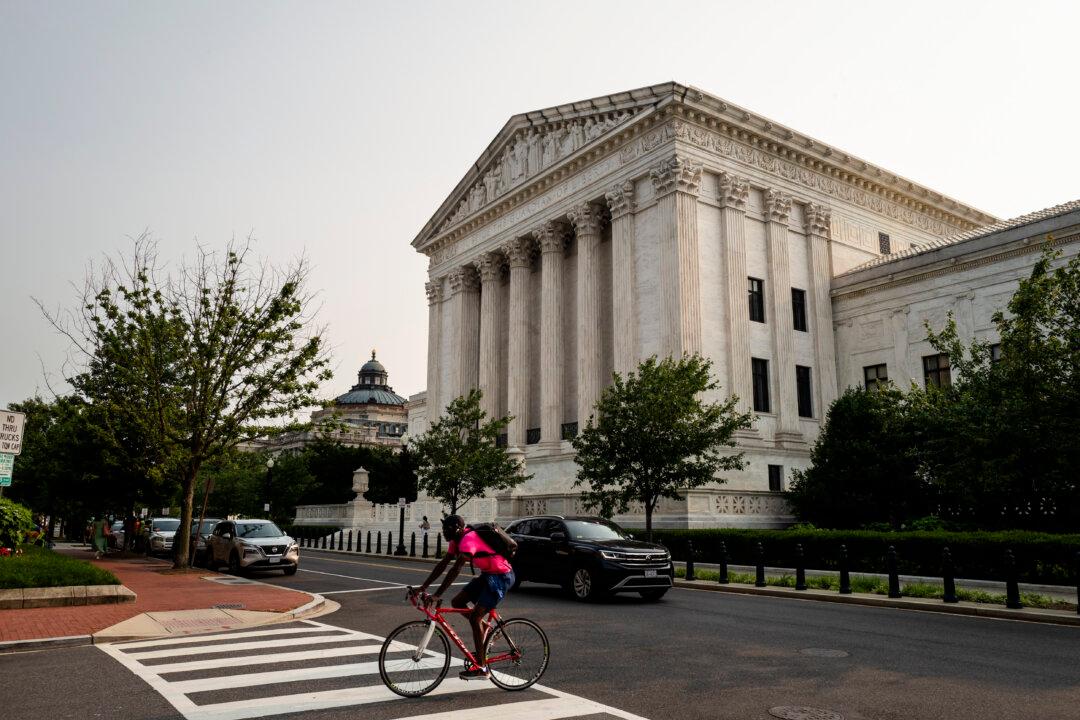Commentary
This summer, we saw the wheels come off the “social” bus. Nearly a dozen large public companies pulled the plug on their diversity, equity, and inclusion (DEI) initiatives. This is good news for consumers and for the more than 1 million workers who had to navigate an increasingly politicized workplace. Many corporate executives began remembering that their job is to create value for shareholders by focusing on their customers and delivering goods and services with excellence, not promoting divisive social ideology.





